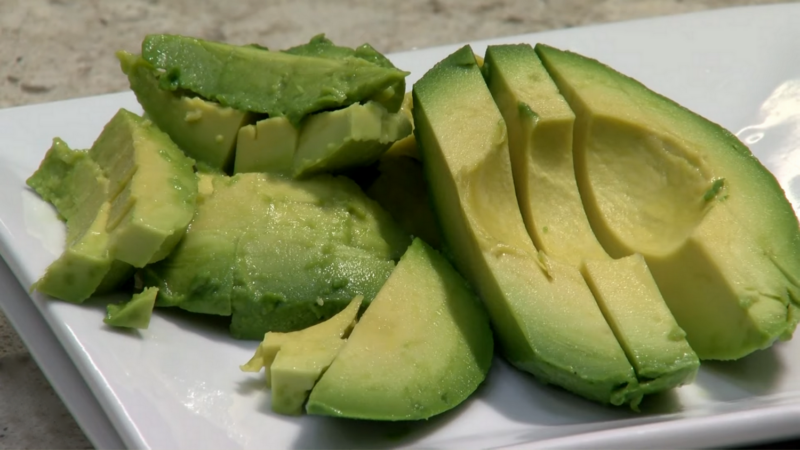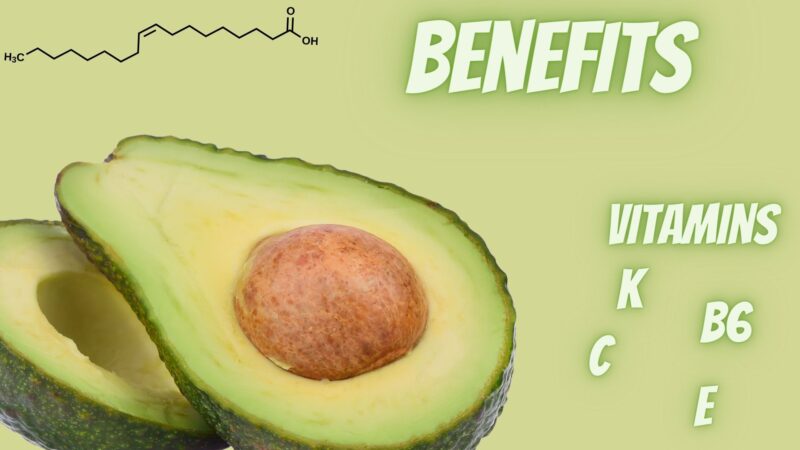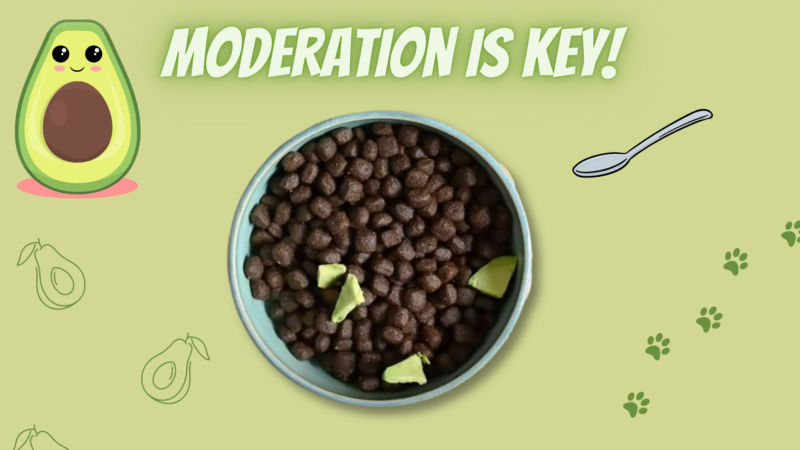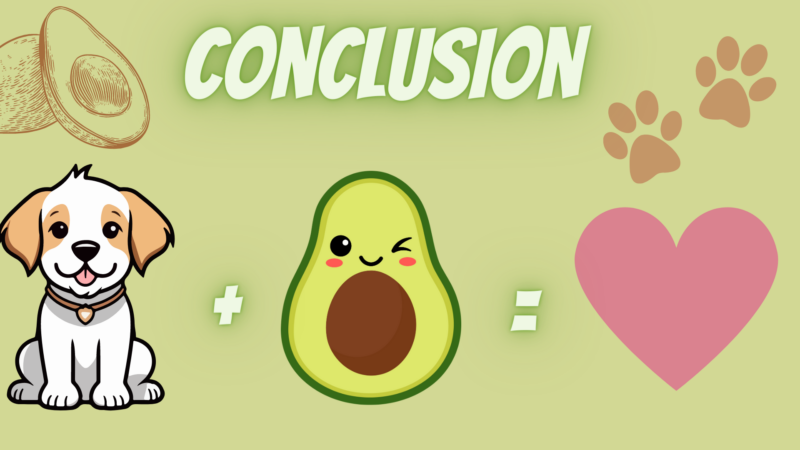As devoted dog lovers, we always strive to provide the best care and nourishment for our furry friends. Along with love and attention, a significant aspect of responsible pet ownership is understanding what foods are safe and healthy for our canine companions. But what about Avocado?
With its creamy texture and rich taste, avocado has become a popular superfood among humans, but can the same be said for our beloved dogs?
In this comprehensive article, we will explore the question, “Can dogs eat avocados?” from the perspective of a dog lover. We will delve into the nutritional benefits and potential risks of feeding avocados to dogs, and we’ll provide expert insights and advice to help you make an informed decision regarding avocado consumption for your canine friend.
Understanding the Nutritional Composition of Avocados

Before we assess whether avocados are safe for dogs to eat, let’s take a closer look at the nutritional composition of this green fruit. Avocados are known for their richness in healthy fats, vitamins, and minerals, making them an appealing choice for human consumption. Here is a breakdown of the key nutrients found in avocados:
| Nutrient | Amount per 100g |
|---|---|
| Calories | 160 kcal |
| Total Fat | 14.66g |
| Saturated Fat | 2.13g |
| Monounsaturated Fat | 9.80g |
| Polyunsaturated Fat | 1.82g |
| Carbohydrates | 8.53g |
| Fiber | 6.7g |
| Sugars | 0.66g |
| Protein | 2.0g |
| Vitamin K | 21.0µg |
| Vitamin E | 2.07mg |
| Vitamin C | 10.0mg |
| Folate | 81.0µg |
| Potassium | 485mg |
(Source: USDA FoodData Central)
The high content of monounsaturated fats in avocados contributes to their reputation as heart-healthy food for humans. Additionally, they contain vitamins E, K, C, and B-complex vitamins, which play vital roles in overall health and well-being.
Avocados also provide essential minerals such as potassium, which is crucial for maintaining proper muscle function and nerve transmission.
Can Dogs Safely Consume Avocados?

The question of whether dogs can safely eat avocados is a topic that has sparked debates among veterinarians and pet nutritionists. The primary concern lies in a natural compound found in avocados called persin. Persin is a fungicidal toxin present in various parts of the avocado plant, including the fruit, leaves, and pit.
In the case of dogs, persin is the main culprit behind the potential risks associated with avocado consumption. While persin is generally harmless to humans (unless someone has a specific avocado allergy), it can pose health risks to certain animals, including birds, rabbits, horses, and dogs.
Persin and Its Effects
Persin works as a natural defense mechanism for the avocado plant. When consumed in large amounts, it can lead to gastrointestinal issues in dogs, including vomiting and diarrhea. In extreme cases, excessive persin consumption can lead to pancreatitis and, in rare instances, even myocardial damage.
However, it’s important to note that the concentration of persin in the edible part of the avocado, the creamy green flesh, is relatively low and is considered non-toxic to dogs.
The highest concentration of persin is found in the avocado pit, skin, and leaves. Therefore, while small amounts of avocado flesh are generally safe for dogs, other parts of the fruit should be strictly avoided.
Dangers of Avocado Pit and Skin
One of the biggest dangers of allowing your dog to chew on an avocado pit is the risk of choking or intestinal blockage. The pit is large, hard, and not easily digestible. Swallowing it whole or in large pieces can lead to serious health issues that may require immediate veterinary intervention.
Similarly, the rough and thick skin of the avocado can pose a choking hazard and may cause digestive problems if ingested. It’s essential to keep avocado pits and skins out of your dog’s reach to prevent accidental ingestion.
Potential Benefits

While there are potential risks associated with feeding avocados to dogs, there are also potential benefits to consider. As mentioned earlier, avocados are packed with essential nutrients, and in small quantities, these nutrients can offer certain health advantages for our canine companions.
Healthy Fats and Coat Condition
The monounsaturated fats present in avocados are beneficial for promoting healthy skin and a shiny coat in dogs. These fats help improve the texture and appearance of your dog’s fur, reducing dryness and irritation.
A well-maintained coat not only enhances your dog’s appearance but also contributes to their overall comfort and well-being.
Nutrient-Rich Superfood
Avocados are a nutrient-dense fruit that offers a range of vitamins and minerals. In moderation, these nutrients can contribute to your dog’s overall health. For instance, Vitamin E in avocados acts as an antioxidant, helping to neutralize harmful free radicals in the body.
Vitamin K plays a crucial role in blood clotting and bone health, while Vitamin C boosts the immune system.
Support for Joint Health
The presence of healthy fats in avocados can also be beneficial for dogs with joint issues, such as arthritis. These fats possess anti-inflammatory properties that may help alleviate joint pain and improve mobility.
Moderation is Key

As with many human foods, the key to incorporating avocados into your dog’s diet lies in moderation. While small amounts of ripe avocado flesh are generally considered safe for dogs, it’s essential to adhere to the following guidelines:
- Small Portion Sizes: Feeding your dog small amounts of ripe avocado flesh can help reduce the risk of any adverse reactions to persin. A few small slices or chunks occasionally as a treat should be sufficient.
- Avoid Pit and Skin: Ensure that your dog doesn’t have access to the avocado pit and skin, as they can cause choking hazards and gastrointestinal issues.
- Introduce Slowly: If you’re giving avocado to your dog for the first time, start with a tiny amount and observe for any signs of sensitivity or allergic reactions.
- Consider Your Dog’s Health: Just like humans, each dog is different, and some may be more sensitive to new foods. If your dog has any pre-existing health conditions, consult your veterinarian before introducing avocados to their diet.
- Balanced Diet: Avocado should only be a small addition to your dog’s overall diet, which should be primarily based on nutritionally balanced dog food formulated for their specific needs.
Signs of Avocado Toxicity in Dogs
While small amounts of ripe avocado flesh are generally safe for dogs, it’s essential to recognize the signs of avocado toxicity in case your dog accidentally ingests large amounts or parts of the avocado that are toxic.
Here are some symptoms of avocado toxicity in dogs:
- Vomiting
- Diarrhea
- Lack of appetite
- Abdominal discomfort
- Difficulty breathing
- Fluid accumulation in the chest
- Pancreatitis (in severe cases)
If you notice any of these symptoms in your dog after avocado consumption, it’s crucial to seek immediate veterinary care.
FAQs
Is avocado pit safe for dogs to chew on?

No, avocado pits are large, hard, and not easily digestible. Allowing your dog to chew on an avocado pit can lead to choking or intestinal blockage.
Can avocado skin be given to dogs?
No, avocado skin is rough and thick, making it a choking hazard for dogs. It’s essential to keep avocado pits and skins out of your dog’s reach to prevent accidental ingestion.
What should I do if my dog accidentally eats avocado pit or skin?
If your dog accidentally ingests avocado pit or skin, seek immediate veterinary attention. Choking hazards and gastrointestinal issues can arise, and timely intervention is crucial..
Can avocados cause pancreatitis in dogs?
In rare cases, excessive consumption of avocados, or any high-fat food, can trigger pancreatitis in dogs. This condition is inflammation of the pancreas and requires immediate veterinary care.
Can avocados be beneficial for dogs with joint issues?
Yes, the healthy fats in avocados possess anti-inflammatory properties that may help alleviate joint pain and improve mobility in dogs with joint issues like arthritis.
Can avocados be part of a balanced diet for dogs?
Avocado should only be a small addition to your dog’s overall diet, which should primarily consist of nutritionally balanced dog food formulated for their specific needs.
Should I consult my veterinarian before feeding avocados to my dog?

Yes, it’s always advisable to consult with your veterinarian before introducing any new food to your dog’s diet, especially if they have any pre-existing health conditions.
Conclusion
Avocado, with its reputation as a superfood, may seem like a tempting addition to our canine companions’ meals. However, it’s essential to approach avocado consumption with caution.
While small amounts of ripe avocado flesh are generally safe for dogs and may even provide some health benefits, other parts of the avocado, such as the pit and skin, should be strictly avoided due to their potential to cause harm.
Additionally, each dog is unique, and individual sensitivities to certain foods can vary.
The general consensus among veterinarians and pet nutritionists is that avocados can be a part of your dog’s diet in moderation. However, it’s always best to consult with your veterinarian before introducing any new food to your dog’s diet, especially if they have any pre-existing health conditions.
As a responsible dog owner, the well-being of your beloved pet is paramount. By staying informed and making mindful dietary decisions, you can ensure that your canine companion leads a healthy and happy life.
Remember, a balanced and nutritionally complete diet, along with plenty of love and exercise, is the key to a long and fulfilling life for your furry friend.







